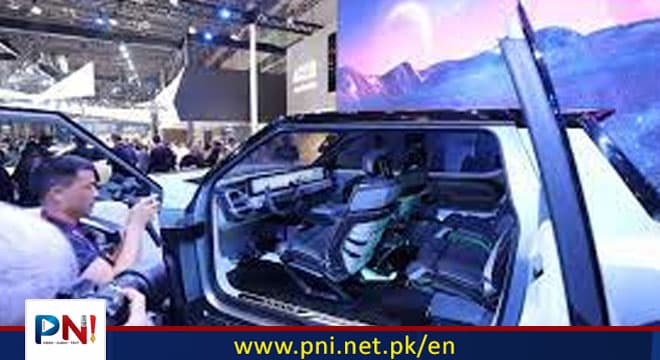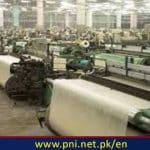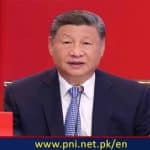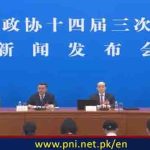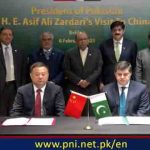BEIJING, Mar. 9 (APP): China’s new energy vehicles combined with advanced technologies such as artificial intelligence power grids provide an all-round engine for domestic technological development in the new era. “We should explore low-speed driverless driving in limited scenarios by establishing low-speed driverless driving + energy replenishment pilot areas at night, moving the electricity load from the peak period during the day to the low period at night, and transforming charging from active behavior to automated roaming.
services, thereby forming a win-win situation for the power grid, users, charging station operators, and car companies. Relevant policies and pilots will also be applicable to scenarios such as users’ autonomous parking at night and low-speed logistics,” He Xiaopeng, Deputy to the 14th NPC, Chairman & CEO of XPeng, noted.
He pointed out that as of December 2023, there were a total of 20.41 million new energy vehicles in the country. However, with the accelerated penetration of NEVs, the construction of charging infrastructure still faces a series of challenges. Besides, disordered charging by users and breakthrough of ultra-fast charging technology, also brings challenges to the stability of the power grid. “Autonomous pile-seeking charging could to a great extent activate night charging scenarios as well as improve the utilization rate of charging infrastructure, whereas, this idea still lacks the support of relevant policies and regulations thus requires multi-party cooperation,” the NEV pioneer added.
Facing the blue ocean of flying cars, He Xiaopeng indicated that “flying cars, as advanced intelligent transportation, are becoming a hot field that China, the United States, Japan and EU are rushing to rush into”, CEN reported. “At present, China is at the forefront in the research and development of land and air amphibious flying cars. However, as a brand-new invention, flying cars and the corresponding product regulations and certification efficiency cannot meet the current urgent market demand. Increasing efforts to encourage the development of flying cars is a significant issue at this stage for us to develop new quality productive forces and promote the scale of the manned low-altitude economic industry.” To this end, He Xiaopeng listed three development suggestions in the motion. “First of all, it is of great importance to accelerate the forward-looking top-level design and planning of flying cars in terms of product management, product certification, standard system design, etc., and promote the internationalization of Chinese standards.” “Secondly, build a complete flying car operating system, starting from the driver’s qualifications, airspace, operation management and other aspects to support the large-scale application of products.”
“Finally, we should refer to the development experience of the NEV industry, coordinate industrial policies and resource guarantees, promoting the rapid development of the flying car industry. Specific suggestions need include the establishment of industry funds, construction of flying car industrial parks and operation demonstration areas, built of relevant industry institutions, and all that.”
Follow the PNI Facebook page for the latest news and updates.


